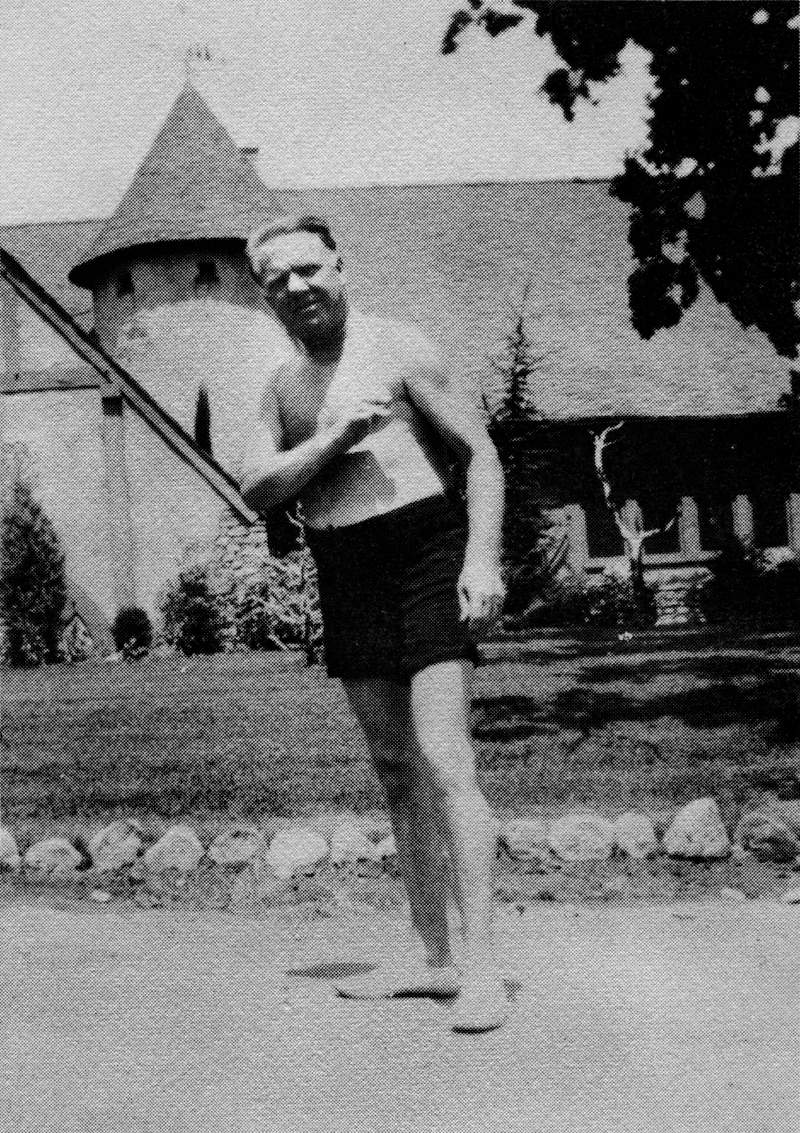Hard Knocks
The following is an excerpt from Bob Odenkirk's SuicideGirls interview.
Daniel Robert Epstein: Why are you so hard on yourself?
Bob Odenkirk: At the core of what we do as comics is that we're honest about life. The core of comedy is honesty, puncturing hypocrisies and stating things in a blunt honest way. This is what's really going on here. I think the honesty which I apply to the world and try to make comedy out of, I apply to myself and my friends. I'm critical of my friends and they fucking hate it. They get so upset and I think it really hurts their feelings. But I say, That's what we're doing. I can make fun of George Bush but I can't make fun of you. I can point out the ways in which society, people and pop culture is hypocritical, stupid and ludicrous but I can't point out the ways I am cheating in my reasoning. I should apply that harsh critical eye to myself and everybody. But the thing that is strange is how many comic minds can see ridiculousness in the world, point it out and be irate about it but can't see it in themselves. That I don't get. I would say there is work of mine that is just good enough for what the joke is, or the joy it brings or the fun it delivers but there is a lot of stuff that's weak. You should be able to point out the weak stuff.
DRE: I spoke to Harry Shearer a couple of years ago. He said that every person involved with Saturday Night Live will secretly tell you they hate it. What was your experience?
BO: It wasn't a good experience overall but I got a lot of good things out of it. I shouldn't have done it but hindsight is 20/20.
DRE: You shouldn't have done it?
BO: No I think I would have developed more interesting and in a healthier way in my life if I hadn't done it. But what are you going to do? You aren't going to say no to that job. I just wasn't prepared for it in a lot of ways and it fucked with me.
DRE: How was it hard on you?
BO: Both personally and professionally. New York is very overwhelming and I was not in a healthy mindset. I wasn't very sure of myself and the show really fucks with you. If you don't have your feet on the ground when you go there you're fucked.
DRE: Do you have good memories from working on Get a Life?
BO: Sort of, the second season wasn't as good as the first season, and the second season is the one I wrote for. I liked that show but I felt bad about it. I could tell something was wrong and I found out later that Chris [Elliott] and [co-creator] Adam Resnick were disappointed in where the show had gone. How they had been frozen out in the second season. They didn't get executive producer credits which they were promised. They were upset and they kind of distanced themselves from the show. I didn't know why at the time. It wasn't as good as it should have been but I had fun doing it.
The most fun I've had so far was directing Melvin Goes to Dinner and Mr. Show. Mr. Show was very rewarding but very stressful at times because I was executive producing it. I was very anxious about it but it was also really great because it was funny as shit.



